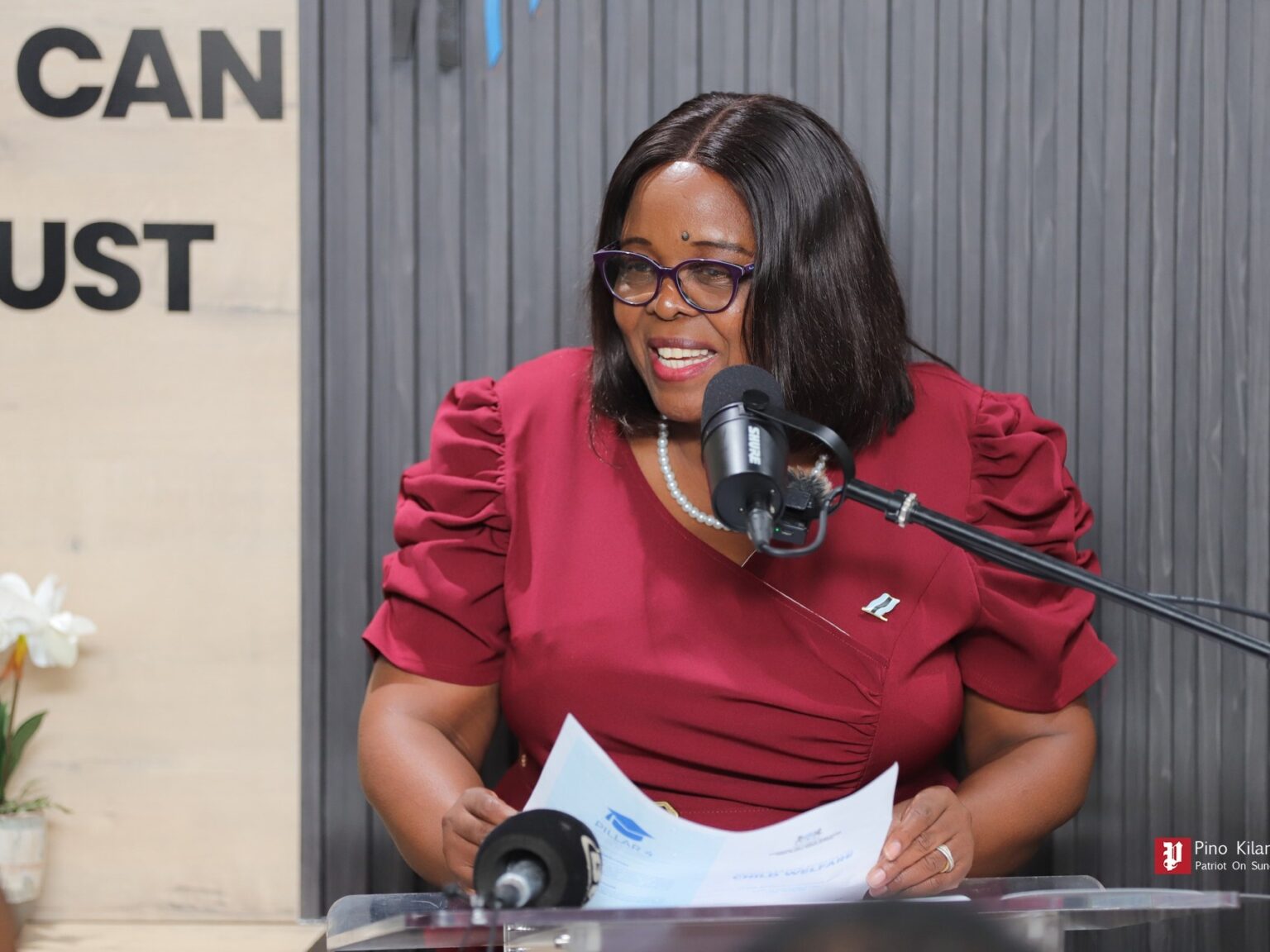The Minister of Child Welfare and Basic Education, Dr. Nono Kgafela-Mokoka, has announced that 11,526 candidates who sat for the 2024 Junior Certificate Examination (JCE) will not proceed to Senior Secondary Schools due to unsatisfactory performance. Speaking during a press briefing, the minister outlined a series of measures to address the alarming results and improve educational outcomes in Botswana.
Improving Out-of-School Programmes
To support the affected students, Dr. Kgafela-Mokoka revealed that the ministry is negotiating partnerships to enhance out-of-school programmes aimed at supplementing failed subjects. The initiative seeks to provide these students with an opportunity to improve their performance while aligning with the government’s vocational training goals and creative economy principles.
The minister stressed that students who failed would be required to undertake vocational training alongside supplementary education. This dual approach will help them acquire practical skills while rehabilitating their academic performance, ensuring they remain on a constructive path.
Transforming Brigades into Centers of Excellence
Dr. Kgafela-Mokoka emphasized the importance of transforming brigades into comprehensive training centers. Rather than serving as “dumping sites” for underperforming students, brigades will integrate academic support with vocational training, allowing learners to develop both skills and knowledge.
Discussions with the Ministry of Higher Education are already underway to facilitate this transformation, ensuring that brigades provide meaningful opportunities for students who need additional support.
Reforming the Education System
Dr. Kgafela-Mokoka underscored the urgent need for reform in Botswana’s education system. Among the key changes proposed are:
- Introducing STEAM Subjects Early: The minister advocated for introducing Science, Technology, Engineering, Arts, and Mathematics (STEAM) at elementary levels. This approach aims to foster critical thinking, problem-solving skills, and innovation from an early age.
- Enhancing ICT Access: She called for improved internet connectivity and the integration of ICT tools for younger grades, ensuring students gain early familiarity with technology.
- Public-Private Partnerships (PPP): To address infrastructure challenges, Dr. Kgafela-Mokoka highlighted the need for PPPs to rapidly establish new schools and maintain existing facilities. These efforts will reduce student-teacher ratios, improving the overall teaching and learning environment.
Tackling Violence Among School-Aged Children
The minister also raised concerns about the prevalence of violence among children, including serious crimes observed even in primary schools. She urged stakeholders to collaborate in rebuilding societal values and supporting children’s emotional and physical well-being.
“Evidence shows children are encountering significant violence early in life. We need support to rebuild this nation,” she said, calling for collective action to address the root causes of violence and instill positive behaviors from a young age.
A Call for Collective Responsibility
Dr. Kekgonne Baipoledi, the ministry’s Permanent Secretary, urged society to reflect on its role in shaping educational outcomes. He stressed the need for introspection, stating that the JCE results should serve as a wake-up call for everyone involved in nurturing the next generation.
“The presentation of results should prompt introspection regarding our collective responsibility in the development of our children,” he said.
A Vision for the Future
The measures outlined by Dr. Kgafela-Mokoka highlight the ministry’s commitment to addressing systemic challenges in Botswana’s education system. By focusing on out-of-school programmes, vocational training, STEAM education, and ICT access, the government aims to equip learners with the tools they need for success in an evolving world.
These reforms also underline the importance of collaboration between the government, private sector, and communities in shaping a brighter future for Botswana’s youth. As the nation grapples with the challenges revealed by the latest JCE results, the ministry’s forward-thinking approach offers hope for long-term educational transformation.










